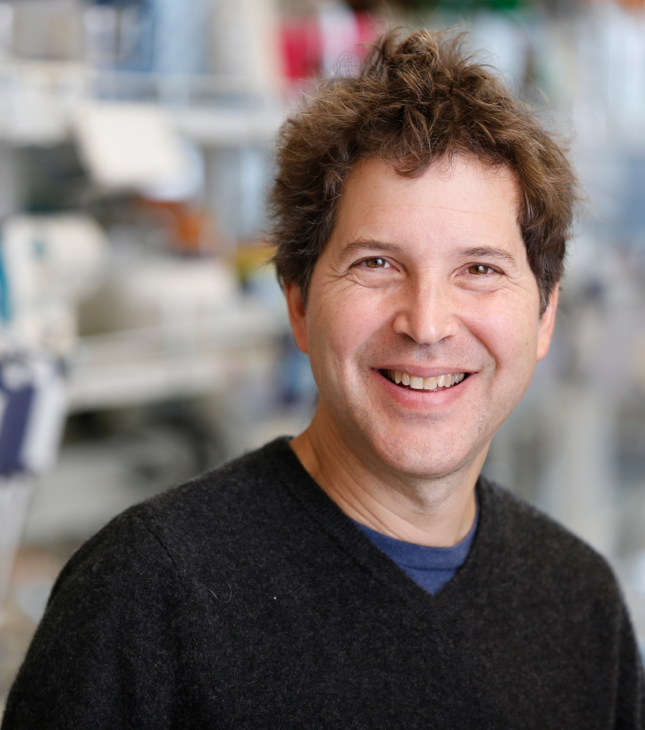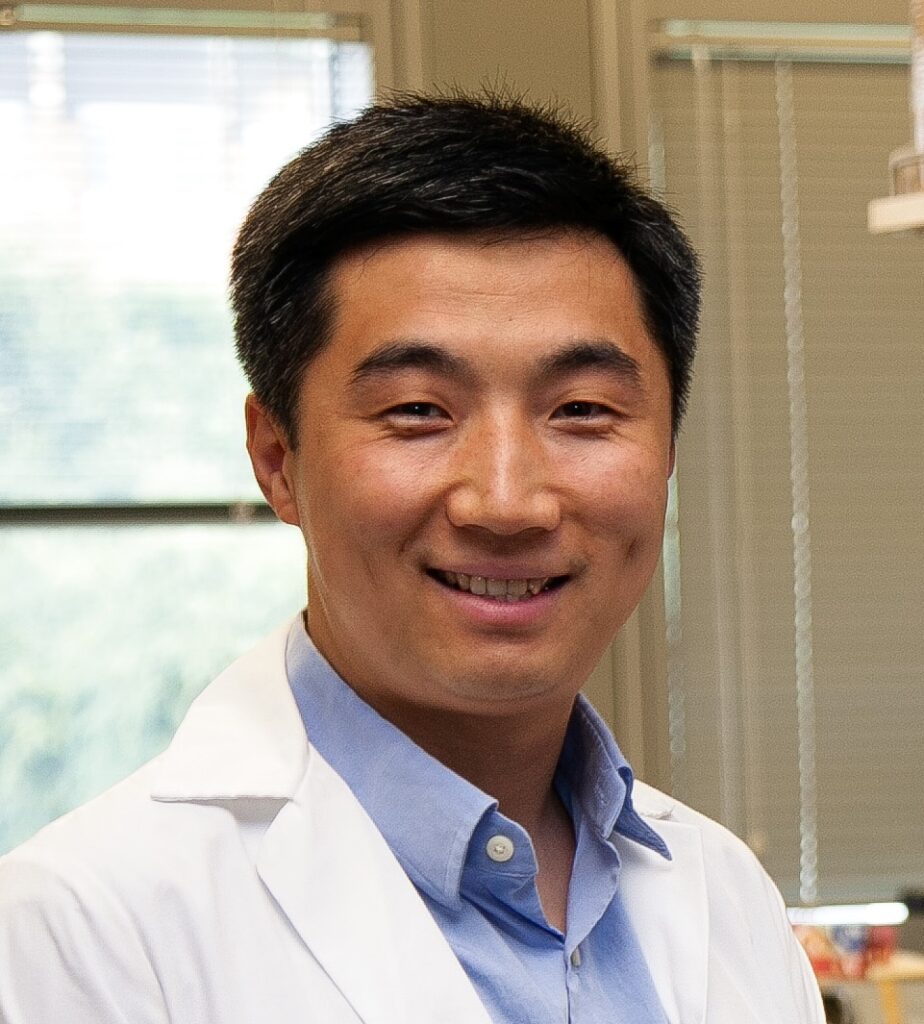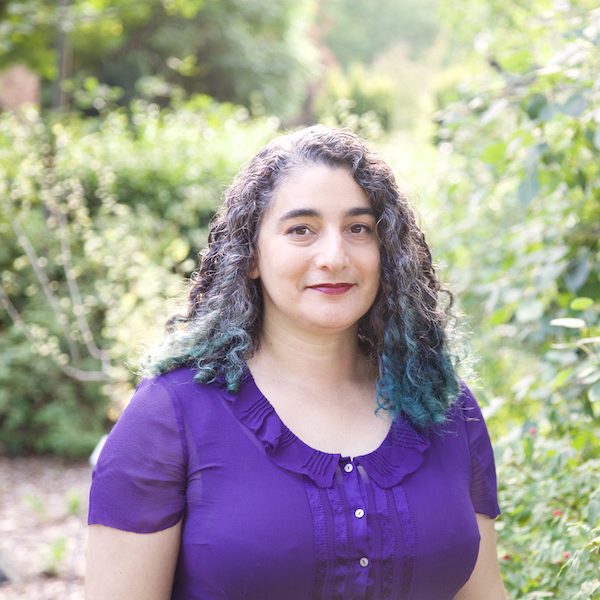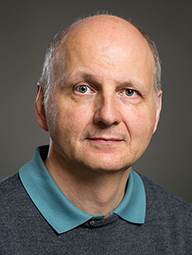
Professor Baker's research aims to predict the structures of naturally occurring biomolecules and interactions and to design new molecules with new and useful functions. Building on intial computational designs, Baker uses experiment to better understand the principles underlying catalysis and binding in order to design novel proteins and enzymes. Read More

Research in the Baneyx laboratory lies at the confluence of synthetic biology, nanotechnology, molecular engineering and materials science. We are a lead lab in CSSAS, the Center for the Science of Synthesis Across Scales, an Energy Frontier Research Center (EFRC) directed by Prof. Baneyx that brings together investigators from six universities and a national laboratory. Inspired by nature’s ability to fabricate intricate and often hierarchical materials with outstanding transport, optical, and magnetic properties, we seek to understand the rules that underpin the interaction of combinatorially-selected solid-binding peptides with inorganic and synthetic interfaces. Read More

In our lab, we work on many aspects of micro and nano electro mechanical systems (MEMS / NEMS). This research tends to be very interdisciplinary, and we have collaborations in biology, chemical engineering, bioengineering, computer science, and other departments. We have built, for example, self-assembling microstructures, biomedical implants, systems for docking of picosatellites, and walking microrobots. Read More

Reversible enzymatic modifications of protein side-chains, also known as post-translational modifications or PTMs, confer complexity to biological systems by dynamically regulating the location, structure, and activity of proteomes. Elucidating the mechanistic contributions of post-translationally modified proteins to key cellular processes, such as gene transcription, is critical for understanding normal human development and to identify new therapeutic targets in diseases arising from the misregulation of PTMs. To accomplish these goals, we apply a seamless combination of chemical and molecular biological tools to investigate uniformly modified proteins in well-defined biophysical and biochemical systems. Read More

Dr. Gamble's research focuses on surface modification and characterization of model biomedical systems including fundamental research towards the preparation and characterization of DNA and protein microarrays. She is also involved in the development of new techniques that will enable improved analysis of the biomolecule-surface interface and improved chemical imaging of biologically relevant samples. Read More

Our group designs and develops functional materials and structures on the nanometer scale. Examples include multicolor quantum dots for fluorescence imaging, magnetic nanoparticles for MRI, metallic nanoparticles for ultrasensitive detection, and polymeric nanoparticles for targeted drug delivery. Most recently, we are developing multimodality imaging probes by combining different materials into discrete nanostructures in order to utilize the strength of each individual component. Read More

The Monnat Lab is interested in the molecular basis of human disease, and how synthetic and engineering approaches can be used to understand, treat or prevent disease. Our specific research projects have focused on cancer biology and therapy, and on building genome engineering tools to enable cellular and synthetic biology disease applications. Read More

The Nemhauser Lab is interested in understanding how signaling pathways fit into the broader contexts of time, location within an organism, and interaction with other signals. Specifically, we use a model plant called Arabidopsis thaliana to dissect the network by which seedlings change their form to take best advantage of their light environment. This process is called photomorphogenesis. Work from many groups over the past twenty years has produced a long list of factors linked to photoreceptors, the proteins that directly sense light and begin the process of photomorphogenesis. Read More

Research in Overney’s Lab focuses on obtaining a fundamental understanding of material functionalities involving nano-confined complex molecular systems. We are particularly interested in i) identifying basic internal and external constraints that are responsible for unique material and transport properties, and ii) applying knowledge of molecular- and nano-constraints to material engineering in a rational fashion, with focus on the molecular building blocks, their subunits, and their temporal and spatial mobilities. Read More